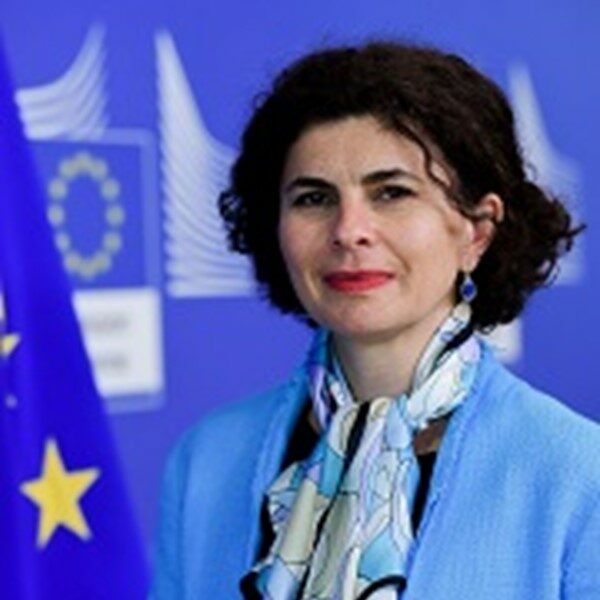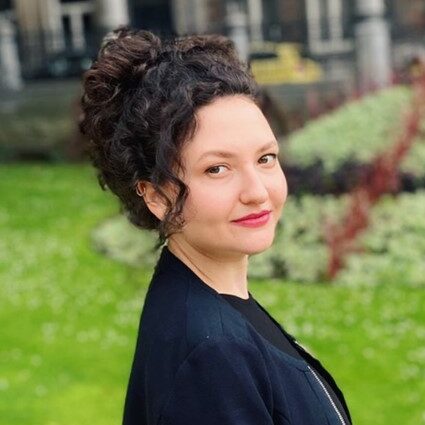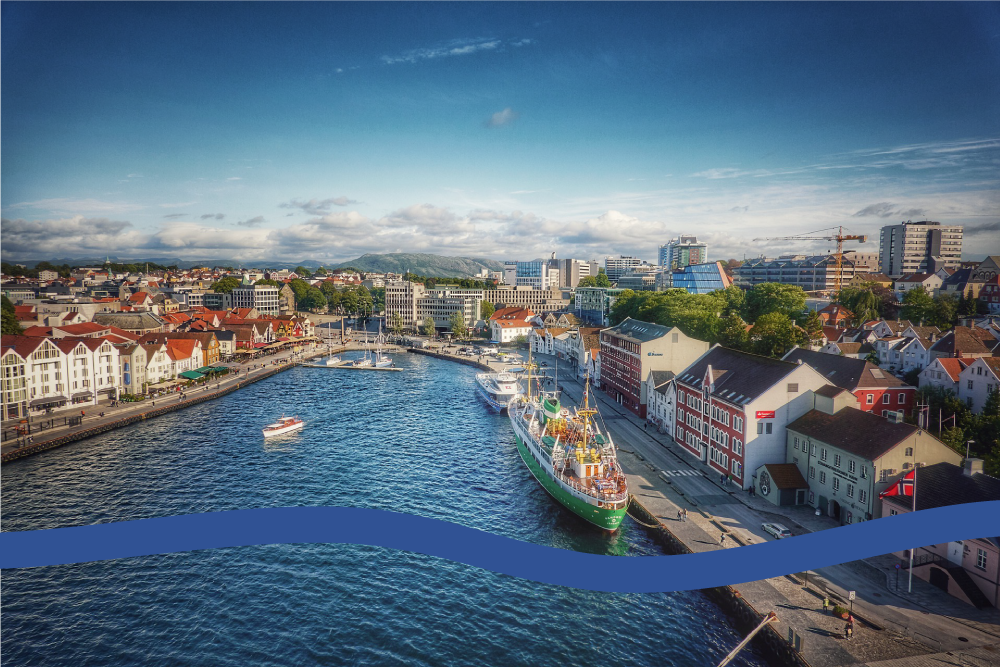The New European Bauhaus initiative connects the European Green Deal to our living spaces. It calls on all Europeans to imagine and build together a sustainable and inclusive future that is beautiful for our eyes, minds, and souls.
Hear all about the New European Bauhuas – shaping more beautiful, sustainable and inclusive forms of living together.

Ms Borislava Woodford is a Policy Analyst at the New European Bauhaus Initiative Team run under the auspices of the President of the European Commission Mrs Ursula von der Leyen.
She has over 12 years of experience in the field of EU structural and investment funds in several different units of the Commission’s Directorate for Regional and Urban Development, focusing on working with local and regional authorities for creating project pipelines and EU funds management.
Back in 2019, she had a short stint at the Cabinet of Corina Cretu, former Commissioner for regional policy and was part of the team negotiating the European Regional Development Fund Regulation for 2021-2027 in Council and Parliament.
Prior to that, she spent a decade in the private sector working for PricewaterhouseCoopers and Ernst & Young Consultants in London, Paris and Brussels in their Tax and Legal Departments.
A former member of the UK’s ‘’Association of Tax Technicians’, she holds a Bachelor’s degree in Financial Services and Spanish from London Metropolitan University and a Masters’ degree in European Integration and Development at University of VUB and Solvay Business School in Brussels.

Ms Maria-Elena Camarascu is an Assistant within the New European Bauhaus team at the Joint Research Centre, where she has mostly engaged with the co-design phase of the initiative. She is interested in sustainable urban development with a focus on social justice, inclusion and co-creation.
She holds a Master of Arts in Politics and International Relations from the University of Aberdeen and a Master of Science in Sustainable Urbanism from University College London.
Her dissertation investigated the potential effects of smart city technologies such as IoT, Blockchain, Big Data Analytics and Artificial Intelligence on urban governance, and the way digital technologies can shift people’s perceptions and interactions with the city.
In co-operation with:


